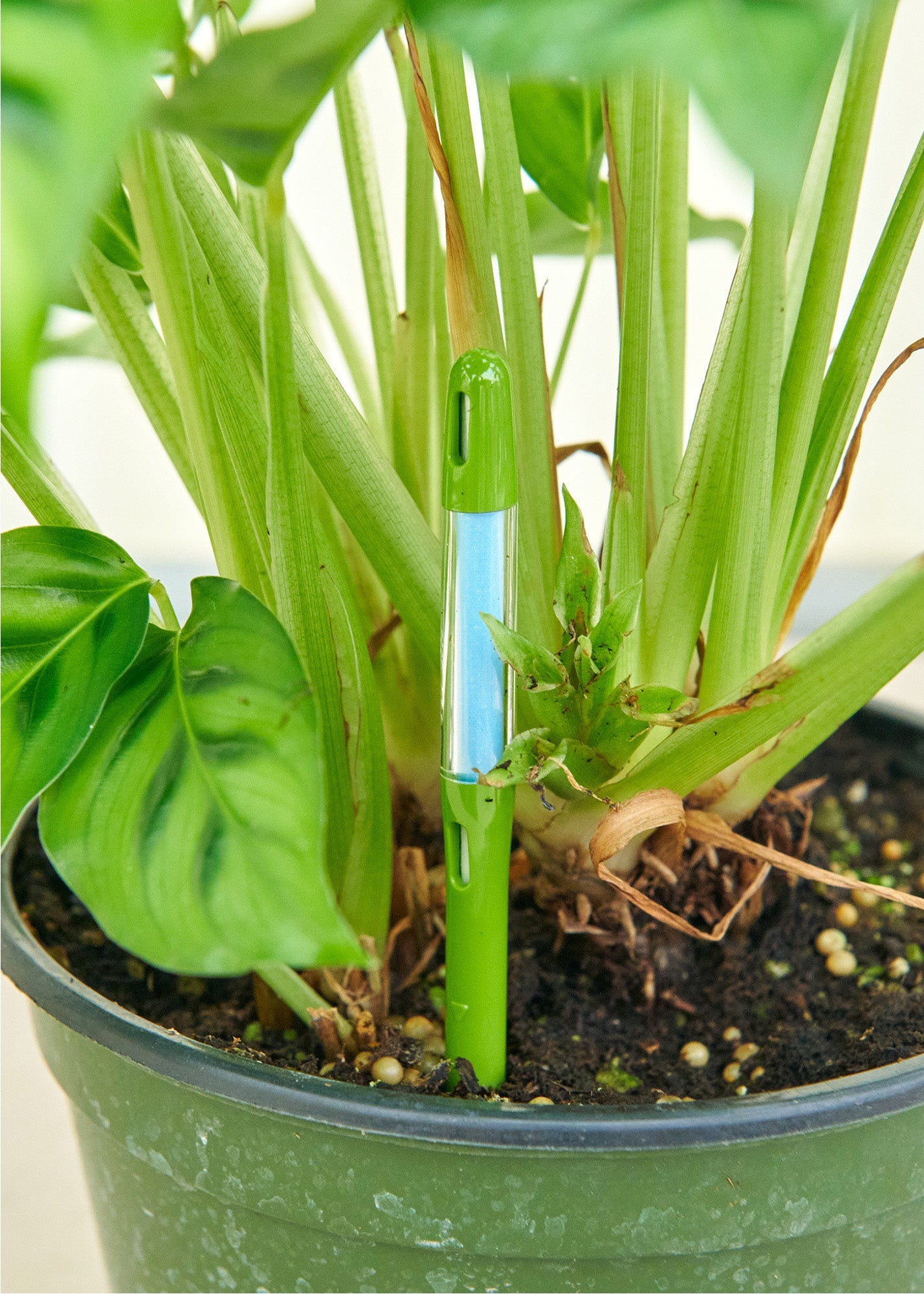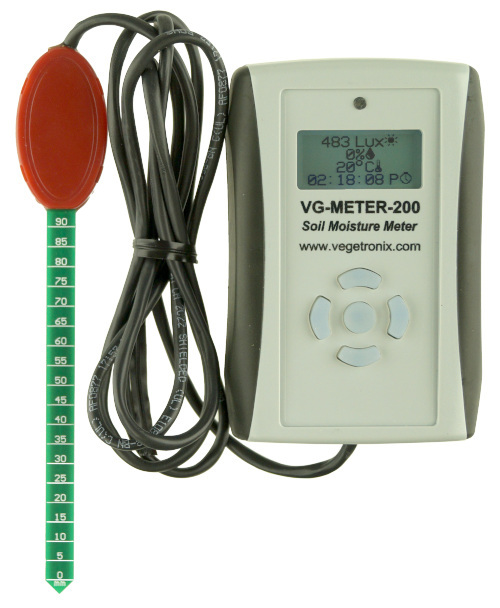Just How a Moisture Meter Can Improve Your Construction Projects and Avoid Damage
Just How a Moisture Meter Can Improve Your Construction Projects and Avoid Damage
Blog Article
The Ultimate Overview to Moisture Meters: A Comprehensive Introduction and Exactly How They Can Conserve You Cash
In the realm of structure upkeep, building and construction, and various industries, the relevance of accurately gauging moisture degrees can not be overstated. Moisture meters work as essential devices in detecting and keeping an eye on moisture content in products, aiding in stopping pricey damages and guaranteeing the quality of items. Recognizing the nuances of various sorts of dampness meters, their applications, and the prospective cost-saving benefits they use can be a game-changer for services and professionals alike. Uncovering exactly how these devices can not only streamline procedures yet additionally add to economic savings is a journey worth starting.
Types of Moisture Meters
One common kind is the pin-type wetness meter, which measures the electric resistance between 2 pins put into a product. Pinless moisture meters, on the other hand, usage electro-magnetic sensor plates to check a bigger location without creating damage to the material's surface.

In addition, there are additionally specialty dampness meters created for specific materials like dirt, grain, or hay. These meters give precise wetness readings tailored to the distinct residential or commercial properties of the product being checked. Infrared moisture meters measure the thermal properties of a material to determine its moisture web content non-invasively, making them helpful for applications where pin or pinless meters might not be appropriate. Comprehending the various kinds of wetness meters offered can help markets select the most appropriate tool for their specific moisture measurement needs.

Advantages of Using Wetness Meters
Dampness meters offer important benefits in accurately checking and assessing wetness degrees in varied products and atmospheres. One of the key advantages of making use of wetness meters is the prevention of potential damages created by excess dampness.
In addition, using wetness meters can lead to raised power performance. By determining locations with high moisture levels, such as leakages or inadequate insulation, changes can be made to improve energy preservation and decrease energy costs. In agricultural settings, dampness meters play a critical duty in optimizing plant returns by making it possible for farmers to keep an eye on soil moisture levels and make notified irrigation choices. Overall, the advantages of utilizing wetness meters extend across various industries, supplying economical remedies and promoting far better quality assurance methods.
How to Choose the Right Wetness Meter
When picking a moisture meter, it's vital to ensure that the meter is appropriate for the certain product you will be testing. Various products have differing electrical residential properties that can impact moisture analyses, so choosing a meter designed for your material is crucial for precise results. By carefully assessing these factors, you can choose a wetness meter that fulfills your requirements and supplies precise wetness measurements for your jobs.
Proper Techniques for Wetness Meter Use

Price Cost Savings Via Moisture Meter Applications
Exactly how can the calculated use of wetness meters lead to significant cost financial savings throughout different industries? In the farming market, dampness meters help in figuring out the optimal time for harvesting plants, stopping over-drying or excess wetness that can impact the final product's quality.
In a similar way, in building, moisture meters help prevent pricey damages by spotting dampness pop over to this web-site levels in building products, such as wood or concrete, which can result in structural issues if not attended to without delay. By recognizing issue areas early pop over to this web-site on, service providers can take rehabilitative actions to avoid substantial fixings or substitutes, inevitably saving money and time.
Moreover, in the food handling sector, wetness meters are vital for monitoring item top quality and making sure conformity with safety laws. By precisely measuring dampness content in food, makers can prevent wasting, keep freshness, and reduce waste, causing substantial expense savings. On the whole, the strategic application of moisture meters is a beneficial investment that can cause significant cost reductions and boosted efficiency across various sectors.
Final Thought
In conclusion, wetness meters are important devices for spotting and measuring moisture levels in various products. By using the best dampness meter and following correct techniques, individuals can effectively prevent expensive damages triggered by excess moisture.
Wetness meters serve as indispensable tools in discovering and monitoring moisture web content in materials, helping in preventing costly problems and guaranteeing the quality of products. Infrared dampness meters determine the thermal buildings of a material to establish its moisture material non-invasively, making them valuable for applications where pin or pinless meters may straight from the source not be ideal.Wetness meters offer invaluable advantages in precisely analyzing and keeping track of moisture degrees in varied products and atmospheres. In agricultural setups, dampness meters play an essential function in maximizing crop yields by enabling farmers to check dirt dampness levels and make notified irrigation choices.In conclusion, moisture meters are beneficial devices for identifying and determining moisture degrees in different materials.
Report this page